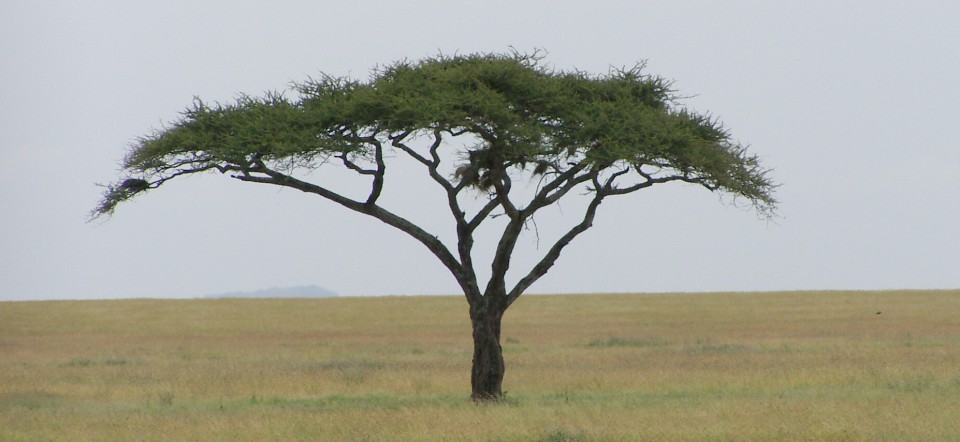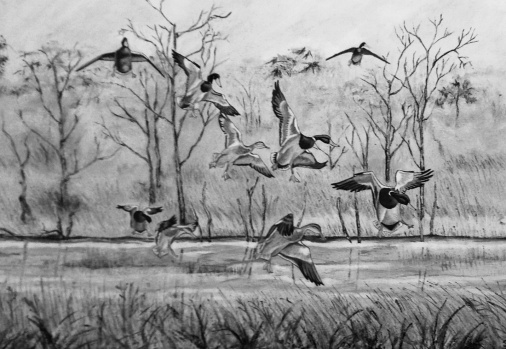Tags
Fishing, Humor, Low Country, Nature, Non-Fiction, South Carolina
Stories of my youth in the low country of South Carolina in a bygone time and place.
Botany Island as the locals know it, officially Botany Bay Island, is a little tidal island south of Charleston. I’m not one to wax nostalgic about those days. My childhood was no walk in the park. I never met the Cleavers or the Waltons or any family that even vaguely resembled them. Johns Island was a hard scrabble place, albeit girded with natural beauty. I remember waving to Lady Bird when she came through on a poverty tour. I would think of her later in life when I saw a painting showing a queen riding out on a flawless white horse to magnanimously dispense mint to lepers so they wouldn’t smell. Struck by the same image, Pat Conroy mentions that painting in one of his novels. Poverty and mean prejudice aside, there were places, ancient live oaks, infinite marshes, that possessed fairyland quality beauty. Chief among those places were the as of yet underdeveloped islands of Kiawah, Seabrook, and most pristine of all – Botany.
There were no roads beyond Rockville, a small hamlet on the harbor end of Wadmalaw Island, semi famous locally for its annual regatta. Wadmalaw Island and Johns Island shared the same schools, but Wadmalaw was a step up, not a big step, but a step, a little less working class and a little more old blood land owner. You had to go by boat from Rockville. The back end of Botany, the nearest part, was guarded by countless acres of marsh and twisty tidal creeks, which could only be navigated at high tide, and even then it was a tricky maze, and of course never by sail. The best way to to get there was down river (or maybe call it a big creek), then across the harbor, then out into the ocean, and around to the front side, the beach side, to land your boat. So while as the crow flies it wasn’t a great distance away, it took significant effort, which no doubt helped to keep it unspoiled. To this day I say if you could package it and put a price on it, a weekend spent out there would be worth a fortune. It was an experience that is simply no longer replicable.
A little later on a Friday than normal, Dennis, Al and I loaded up a modest sailboat and headed off. Pretty much all we took out there was our camping gear, fishing gear, seining nets, a few pots and pans, bread, seasonings, a little cooking oil, and stuff to drink, mostly beer. Even so, we were low in the water with little clearance. We didn’t get far before the wind freshened against us. It was tight tacking up the little river, and by the time we hit open water we were in a full-blown storm. It was a long hard night and we almost sank several times. We needed to lessen the load and raise our clearance, but jettisoning beer was unthinkable, so we employed alternative methods. Usually storms like that blow through quickly, not that one. When we finally pulled the boat up on the beach sometime in the middle of the night, exhausted and drunk, the winds were still howling. We staggered up the beach some and then just passed out on the sand. We woke up the next morning and the boat was gone. Eventually we found it halfway around the island, six feet above the ground, wedged in a dead tree, still loaded and largely undamaged. Hard to believe you could sleep in the open through a storm that could do that, but we did. We must have cleared a lot of ballast.
As usual we set up our tent on a rise in the nearest woods to the beach. That site had the advantages of shade and usually enough wind from the ocean to keep the bugs down. Also it was next to a little tidal creek with all you could eat oysters, crabs, and the little shrimp we called poppers, from the sounds they made. Of course we didn’t eat oysters during the dog days of summer, adhering to the old saw to avoid months that didn’t have an R in them, but there was plenty else to eat. We rarely saw anybody else the whole weekend, although once in awhile we’d encounter one grizzled old islander or another, come out to enjoy nature. When we did, we’d share our camp, and food, and beer, and tall tales. We’d seine the ocean shallows for the big shrimp, not always a sure thing, and crabs. We’d brought our preferred bait fish with us, dead mullet, but sometimes we’d add a few more seining.
The unquestioned main event was surf fishing for what we called spottail bass, because of the dark spot on the tail. I’d later learn that the real name for the fish is red drum, later to gain culinary fame as Louisiana redfish or blackened redfish (and be severely over fished as a consequence). We’d honed our skills to the point that fishing for spottail bass was almost a performance piece. We’d affix a big hook to a metal wire leader, then tie the leader to the line using a new improved fisherman’s knot, with a few small plastic protectors above to keep the sinker from sliding down and worrying the knot. We used a heavy pyramid shaped 6 to 8 ounce sinker to grab the bottom in the surf, but we wouldn’t tie it, letting it slide free. That way the fish could take the bait and go without feeling the considerable weight of the sinker. When you felt him take that second gulp, you’d set the hook with a hard jerk. We fished the incoming tide. Wading out into the warm surf on a moonlit night and casting into the white foam of incoming waves is one of the more relaxing things a human being can do. Our bait was a big bloody hunk of mullet, preferably with some guts hanging out. We’d punch the hook through both sides of the tough skin, making sure the barb was clear through and unimpeded. Almost all the fish we caught were between five and thirty-five pounds. It was quite a moment to pull a thirty pound fish out of the surf. They were delicious. I’ve eaten fresh caught salmon in Washington and barracuda I caught trolling off the coast of Guinea (where they are edible because there are no coral reefs with poisonous fish), both delicious, but nothing equals fresh red drum out of the surf. We didn’t catch them every time we went, fishing doesn’t work that way, but the fishing gods usually favored us. As the Arab proverb goes: “Allah does not subtract from man’s allotted time, those hours which are spent fishing.”
The ocean side of the island was quickly eroding, the beach eating into the tree line. This resulted in a line of dead trees along the beach and lots of driftwood. By moonlight the luminescent white wood formed an eerily beautiful art gallery. Just one of the island’s visual treats. Sometimes we would see wild goats or porpoises chasing fish up onto the pluff mud banks, a fascinating to watch hunting strategy called strand feeding that, at least as a daily activity, is apparently unique to the low country porpoises of South Carolina and Georgia. I remember standing on our rise and looking south in the distance to Edisto, the next big island. Then I panned back and noticed that the little marsh island just south of us had a few feet of beach covered with great mounds of beautiful shells, like jewels piled in a treasure chest. Had I discovered one lovely shell on an empty beach, I would have felt compelled to take it, but I felt no desire to disturb that abundance. I remember one night watching the huge sea turtles lumber up to lay their eggs. At night we ate and drank and told stories. Once Al was waxing on about the thirty-two pounder he had pulled out of the surf that day. Dennis leaned over toward him: “Come on Al, everybody knows Jews can’t fish!” I burst out laughing at the shear absurdity of that statement. I still smile. Funny the memories that stick.



